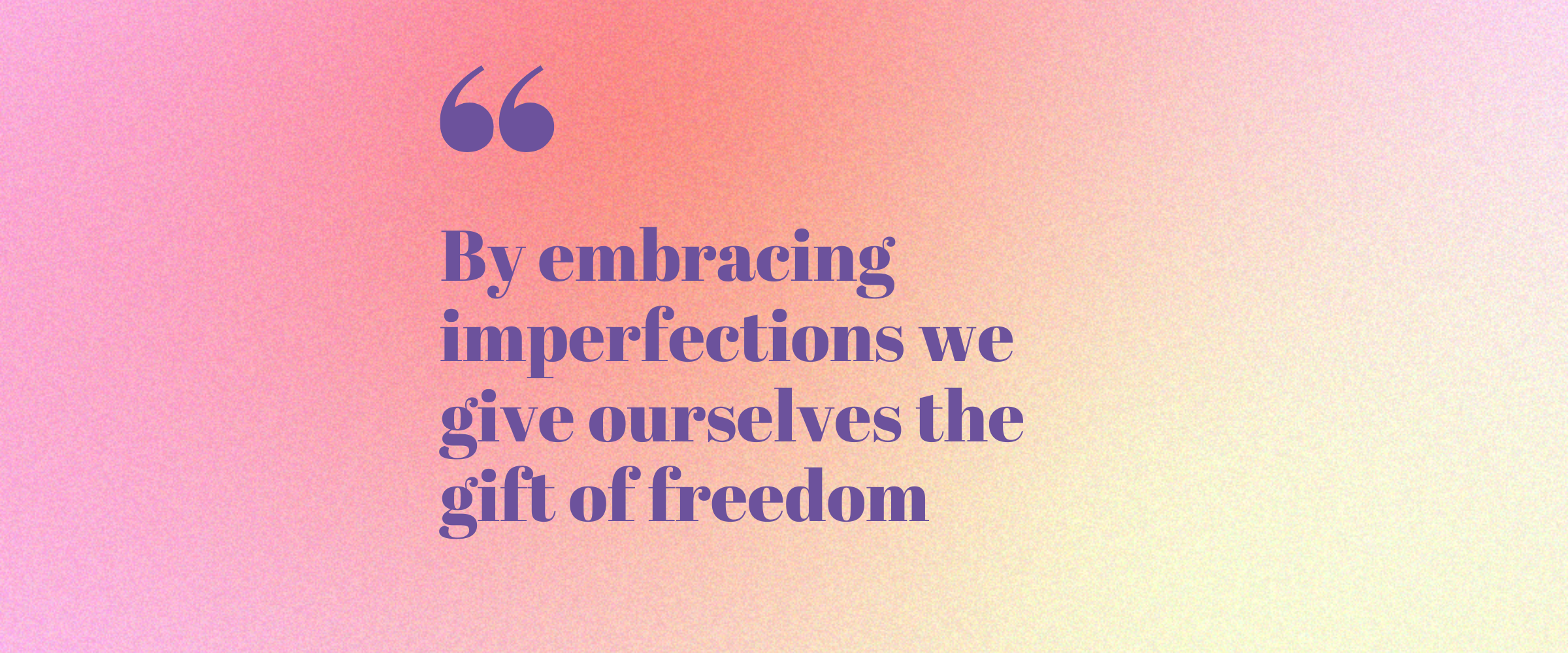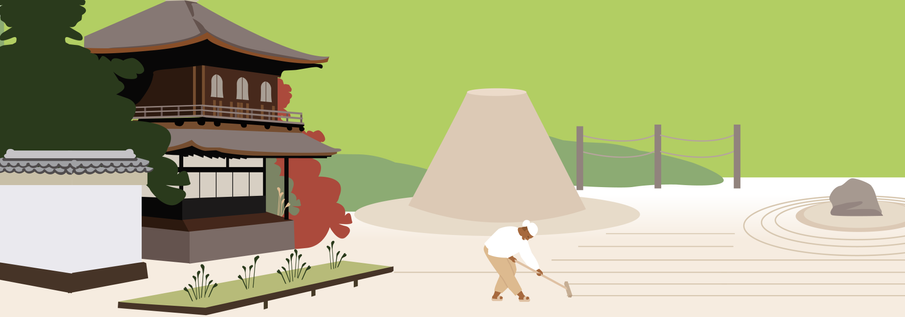What can the imperfections found in nature teach us about our own lives?
On the expansive grounds of Blenheim Palace, Oxfordshire, there stands a very unusual tree. The cedar was first planted when Capability Brown re-modelled the landscaped gardens between 1763 and 1774, and it’s still there today, overlooking the lakes and the palace beyond.
The tree attracts a lot of attention because it appears to be a fluke of nature. It’s held up by cables attached to nearby trees, its branches crooked and serpentine, and the 20ft diameter trunk is almost entirely hollow. It’s odd, and imperfect, yet visitors flock to it, season after season, because there’s something beautiful about it.
The Japanese have a phrase for the feeling this evokes: wabi-sabi. A world-view that learns from the imperfect beauty of nature, appreciates the passage of time, and accepts all things in their incomplete and impermanent forms.
Wabi-sabi has its origins in Taoism, between 960–1279, and then was adopted by Zen Buddhism. ‘Wabi’ roughly translates to ‘the elegant beauty of humble simplicity’, and ‘sabi’ means ‘the passing of time and subsequent deterioration’. Explained this way, there’s an undeniably melancholic feeling at the heart of wabi-sabi, just like the hollow tree at Blenheim, but the acceptance and appreciation of transience and imperfection can be empowering, especially in 2022.
“Perfection is an unattainable goal, and its pursuit can lead to feelings of inferiority and shame as we effectively never ‘measure up’,” says life coach Louise Bradshaw. “The stress caused by not achieving perfection, or pushing ourselves to our absolute limits, can lead to burnout, low self-esteem, depression, and anxiety.”
We see this kind of thing presented to us constantly, on TV, social media, and in adverts trying to convince us that we can buy our way to a perfect life. But, for many, the pursuit of perfection starts much earlier.

“The roots of perfectionism can be traced back to childhood – beliefs about ourselves and our worth are developed in those formative years,” Louise explains. “If the message that we receive is that we are ‘less than’ in some way, then we may well develop perfectionism as a means to prove our worth. Equally, if we experience unrealistic expectations growing up, or are subjected to excessive praise, we may feel the need to achieve perfection in order to maintain these conditions.”
These days, many of us are trying our best to be conscious about our impact on the Earth – one key part of that being to reuse and recycle things, to repair what has become worn or broken before swapping it for a newer model. When it comes to nature, we can observe how things weather over time, how living things grow, bloom, and wilt, how they respond to sustenance, and how each example is entirely unique. So, if we can be so forgiving and accepting of the world around us, isn’t it about time we did the same for ourselves?
“In order to unlearn perfectionism, we must first understand the feeling or core belief about ourselves that we are trying to avoid,” Louise says. “Is it that we don’t feel good enough, worthy, or loveable? Are we trying to please another or avoid feeling inferior? Once we are aware of its origins, then we can practise challenging that belief each and every time we feel the need to ensure something is perfect.”
Louise challenges you to embrace ‘good enough’ rather than perfect, something that might be a challenge at first as your push back against a fear or rejection and shame, but which, in the long run, will help you move beyond past beliefs, and create new neutral pathways in the mind.
“By embracing imperfections we give ourselves the gift of freedom, to live life on our own terms, and show up as the perfectly imperfect human beings we were meant to be, without the burden of the beliefs and expectations given to us so long ago,” Louise says. “As a reformed perfectionist myself, I can wholeheartedly say that embracing imperfection is one of the most worthwhile things you can do for yourself.”
As humans, we are as much made up of nature as trees, rocks, and soil – all things which evolve and weather with time, and which we accept and celebrate for their ability to do so. So, this is your call to embrace imperfection, after all, it’s only natural.
If you would like to find out more, visit the Life Coach Directory or speak to a qualified life coach.


Comments